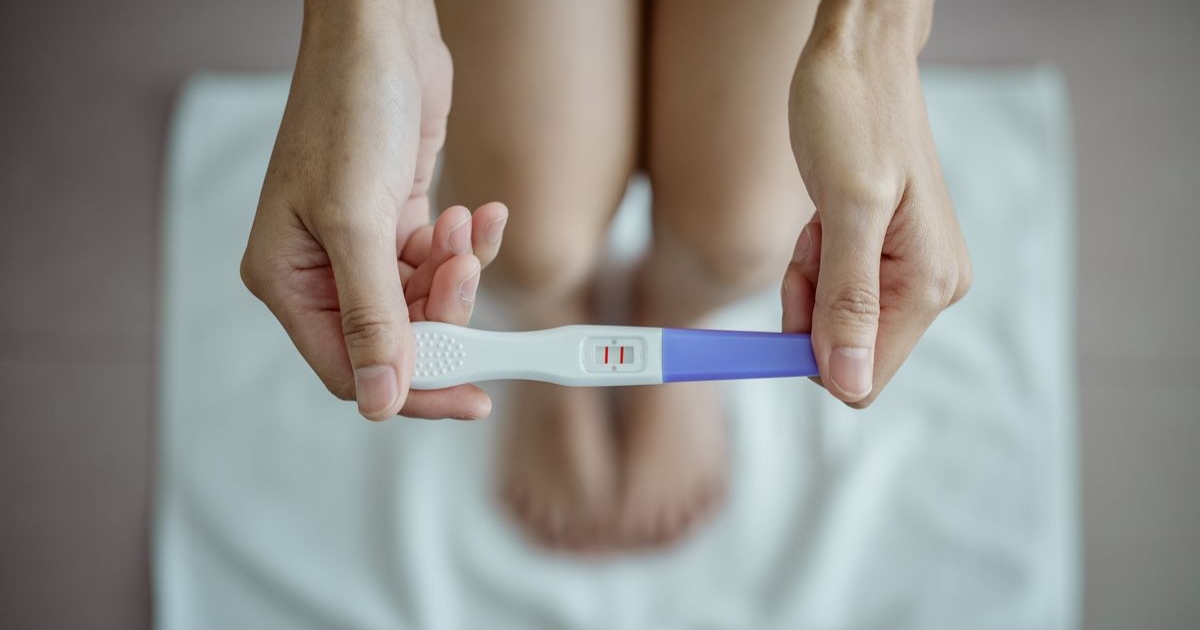Sex education as we know it is no longer good enough
Every week, PhilSTAR L!fe explores issues and topics from the perspectives of different age groups, encouraging healthy but meaningful conversations on why they matter. This is Generations by our Gen Z columnist Angel Martinez.
An overhaul of the existing sex education curriculum is long overdue.
I knew it as early as my sophomore year of high school, when my male religion teacher was tasked with educating me on my female anatomy. Rather than instill in our class fundamental knowledge about how our bodies worked, he taught us that we were temples of the Holy Spirit; that our transcendent purpose was procreation, and that failure to fulfill this duty would render us impure. In retrospect, I have learned more about consent, bodily autonomy, and pleasure from haphazardly written One Direction fanfiction on Wattpad.
This is why it’s endlessly frustrating to me that conservatives continue to resist any progressive reforms, when there were a staggering 142,276 adolescent mothers in 2023. Religious groups, lawmakers, and even the President himself recently denounced and withdrew support for the Adolescent Pregnancy Prevention Bill, citing its provision on an “age and development-appropriate” comprehensive sexuality education (CSE). What would have been the youth’s crucial first step to more informed decisions quickly became the target of misinformation, with the National Coalition for the Family and the Constitution alleging that CSE aims to teach zero to four-year-olds how to masturbate.
Such backlash is not only categorically untrue, but also a form of unnecessary fear-mongering. “Aside from the fact that CSE was developed by experts on sexual and reproductive health, with an awareness of age-appropriate concepts for children, CSE only seeks to interrogate the existence of beliefs and practices surrounding sex. This is necessary to see how they’ve influenced our culture today,” anthropologist and researcher Hanna May Rosario explained to PhilSTAR L!fe. While I do agree that our CSE curriculum shouldn’t be merely lifted from international standards, I don’t see any problem with the scope of topics it wishes to cover. In fact, I wish I got to experience them for myself.

Classic sex education—or the template my all-girls Catholic high school followed—focuses on the biological components of how a baby is made, and spotlights the importance of sex risk avoidance or total abstinence. It makes sense: You can’t get pregnant or contract STDs when you’re not engaging in sexual activity. But this approach is far removed from reality: Members of the youth are already exploring their bodies, either by themselves or with partners. At the very least, they’re thinking about it.
Rather than treating it as this abstract, indecipherable concept, comprehensive sexuality education touches on how the subject of sex intersects with other facets of life like interpersonal relationships, shared values, and even social norms. Some issues embedded in CSE include sexually transmitted diseases, gender-based violence, and even gender equality and equity—all of which don’t exactly make the shortlist for dining table conversations.
In a time when 3,343 registered live births from 2023 were from mothers aged below 15, CSE can also serve as a potential safeguard against abuse and crime. “Kids will benefit from CSE because it will make them more aware of having proper relationships, of taking care of their sexual health and rights, and exercising their consent,” Rosario said. This way, they learn that even trusted adults can hurt them, that no one is beholden to their bodies, and that their boundaries are worth enforcing.
Elders may be against teaching children this range of topics because of their unfounded belief that exposure will spark curiosity and lead to reckless experimentation. “But protecting girls should not mean keeping them ignorant, away from knowledge that can help protect them from unintended consequences of actions they know little about,” Elizabeth Angsioco, women’s rights advocate and head of the Democratic Socialist Women of the Philippines (DSWP), told L!fe.

Censorship, after all, will not stop the youth from seeking out their own answers; skirting around harsh realities also won’t make them less susceptible. Without safe, verified sources, or trusted adults by their side, they could easily go down the wrong rabbit holes and learn far too much, far too soon—which is ironically what these groups want to combat. (Take your pick from my generation’s poisons: We’ve had inappropriate YouTube search results, online forums intended for more mature audiences, and clickbait links to straight up pornography.)
“Young people deprived of sex education in school have independent access to the details online and in conversations with friends and neighbors, and yet, most of them seem to have only little knowledge of what having safe sex actually entails,” Rosario added. The risk only compounds among members of poor communities: For instance, as part of her research on the pregnancy experience of early adolescent mothers, Rosario found that young girls enter relationships at a very early age and lean on a male partner when poverty hits their families hard. Without the proper guidance and facilitation of knowledge, these conditions could lead to prematurely starting their own family. Studies conducted by the DSWP can prove that their interviewees who were born in extreme poverty faced even harsher conditions after becoming a teen mom.
As much as I’d like to believe that the passage of the anti-teen pregnancy bill is the ultimate solution, I know deeply entrenched beliefs are beyond the scope of legislation. “Our conservative culture and norms cannot be taken away by a single law: Changing mindsets takes generations of sustained work, especially in a country like ours where almost everything is influenced by religion,” Angsioco said.
I’m reminded of this one video of a mother explaining to her daughter what to do in case a predator tries to lure her away. Parents must be able to take the mantle at home: If not by encouraging such straightforward discussions, at the very least, they must steer clear from any language that borders on slutshaming or victim-blaming. As for schools, I would appreciate it if teachers stopped wielding Catholic guilt to force their students into submission. For a good amount of time, I thought everyone believed those who had premarital sex went to hell—or were at least, lesser citizens—because virginity was so often conflated with our inherent value as human beings.
Even with my religion lessons masquerading as a sex ed class, I turned out alright and managed to avoid making any major mistakes. But I can’t speak for everyone my age, and the generations to come. Rather than having to learn about such a sensitive subject on the fly from strangers online, all children deserve to do so in the presence of adults they trust—who will encourage questions rather than punish them, who are far more concerned with protecting their safety rather than “preserving their innocence,” and who will guide them through what is undeniably a natural part of human life.
Generations by Angel Martinez appears weekly at PhilSTAR L!fe.
The Generations Podcast is now available on Spotify and YouTube, executive produced by Sheila Paras of PhilSTAR L!fe and Roby Alampay of PumaPodcast. In this episode, award-winning filmmaker Antoinette Jadaone (Millennial) sits down with Philstar Life columnist Angel Martinez (Gen Z) and PumaPodcast editor-at-large Jaemark Tordecilla (Xennial) to talk about her latest film, Sunshine, which won the Crystal Bear for Best Film at the 75th Berlin International Film Festival. The film confronts the stigma surrounding sex education and women’s reproductive rights in a conservative society.
Though sex education and awareness are more accessible today, they remain taboo across generations, with plenty of misinformation still finding its way into young people’s hands. This conversation underscores the importance of open dialogue and honest education in shaping healthier, more empowered futures.
Watch the episode below



